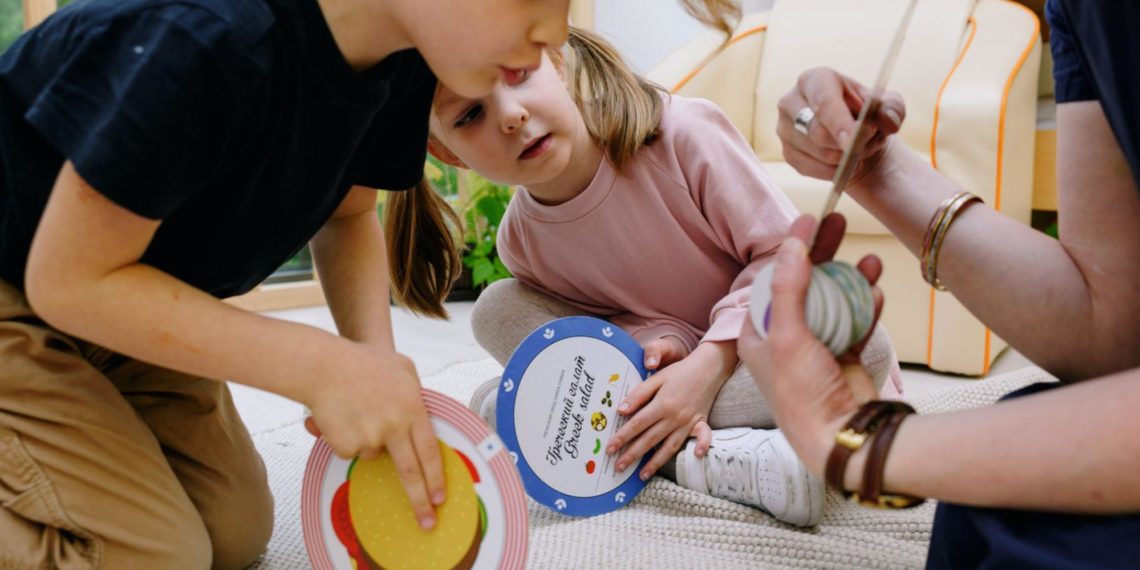Mindful Parenting – Why Do You Need It?

Mindful parenting means being present at the moment with one’s children and not reacting to their unpleasant behaviors. Parents who practice mindfulness with their kids model healthy behavior for them.
In a 2010 research, it was found out that on a national level 13% of kids lived with parents going through high stress. Moreover, these parents also sought emergency care for their kids more than the parents with lower stress. Hence, it highlights the need for mindful parenting.
Table of Contents
Benefits of Mindful Parenting
Benefits include developing awareness of inner life e.g. thoughts and feelings, and becoming sensitive to the needs of children. Additionally, it is about enhancing emotional regulation ability and being more kind and gentle with oneself and the kids. Lastly, it improves the response to situations rather than the (unproductive) reactions and makes the parent-child relationship stronger than ever.
Mindful Parenting Enables Parents to be Good Role Models
When parents model self-control and mindfulness in high-stress situations, they set a lifelong example for the kids to follow in the same situations. For example, a mother has to make breakfast for the family, get the kids ready for school, iron the clothes, get herself ready for work and so much more to do. In a situation like it, it is normal to get stressed and feel overwhelmed. A mindful parenting approach encourages the mother to take a deep breath and be kind to herself while performing her tasks. It means to let go of perfectionism. If the kids reach school five minutes late, it is okay (they are safe and sound). If the husband’s clothes are not perfectly ironed, there should not be a problem.
When kids see their parents treating themselves kindly, they pick this learning and apply it to themselves. Hence, mindful parenting makes parents good role models.
Mindful Parenting Makes Parents Sensitive about Their Children’s Needs
When parents are stressed out and neglecting their needs, they start reacting to their child’s call for help and fulfillment of their needs. It stresses the child more and it can make the child cry or yell. In this way, the situation escalates in no time and stresses the parent even more. So, a mindfulness parenting approach can save the situation.
To cater to the needs of children properly, it is important for parents to take care of themselves first. It is because they cannot fulfill children’s needs when they feel deprived on their part.
Mindful Parenting is not Perfect Parenting
Some parents might get the wrong idea that mindful parenting will make them perfect parents. It will not be the case at all because mindful parenting practices will encourage them to abandon the idea of perfection completely. Furthermore, parents will be motivated to practice moderation.

In a 2014 research, college students participated and filled out different self-report questionnaires about their mental health and life satisfaction. It was found out that those students with helicopter-style parenting suffered from anxiety, depression, and low life satisfaction. Sometimes parents think that by being overly involved they are helping the child in their way and they want the best for their children. Nevertheless, the research is very clear on the dangers of helicopter parenting. Hence, letting go of perfectionism is critical to being a mindful parent.
Furthermore, other repercussions of perfectionism are:
- Procrastination
- Low self-confidence
- Issues with relationship
- Severe health issues
Mindful Parenting Boosts Productivity
We know that mindful parenting is about saying no to perfectionism, building personal confidence, strengthening the relationship with oneself and the kids. With all these benefits, productivity is sure to get a boost.
For example, a couple has got an invitation to a party in the neighborhood. A mindful approach to getting ready for the party would be to involve the kids in different tasks rather than taking everything upon themselves. In this way, kids also learn to take responsibility and cooperation. Hence, mindful parenting practices are imperative to exercise.
In other cases, when mindful parenting is ignored, it results in high levels of stress, poor self-confidence, broken relationships, and diminished productivity.
Some Practical Lessons for Parents
- Show acceptance for the self
- Have flexibility
- Show kindness and compassion for oneself and your kids
- Build a habit of gratitude
- Recognize the temporariness of the troubled times
In other words, showing acceptance for oneself means accepting the strengths, weaknesses, pleasant and unpleasant thoughts and feelings. Having a flexible approach to life significantly helps with problem-solving and adapting to new circumstances in life. If kids learn adaptability from their parents, they will be set for long-term success in life. Similarly, developing kindness, compassion and gratitude are important for their positive influence. These good habits boost personal resilience enormously.
If parents start practicing these tips in their lives, their kids will follow and grow up to be healthy adults in the future. On the other hand, if parents keep practicing the unhealthy styles of parenting, their children will suffer physically, mentally, and emotionally. Some unhealthy styles of parenting to avoid are authoritarian, uninvolved, and permissive.
Concluding Words
All in all, the significance of mindful parenting in life has become crystal clear. It has various benefits for the peace of a household. For example, establishing a good role model for the children, developing a growth mindset by rejecting perfectionism, increase in life satisfaction, and improving productivity. One promise that mindful parenting practice does not make is there will always be good days. It is because good and bad days are a normal part of life. It is also common that mindful parenting practices do not show the desired results initially. So, having patience and sticking to the style is imperative for long-term progress.